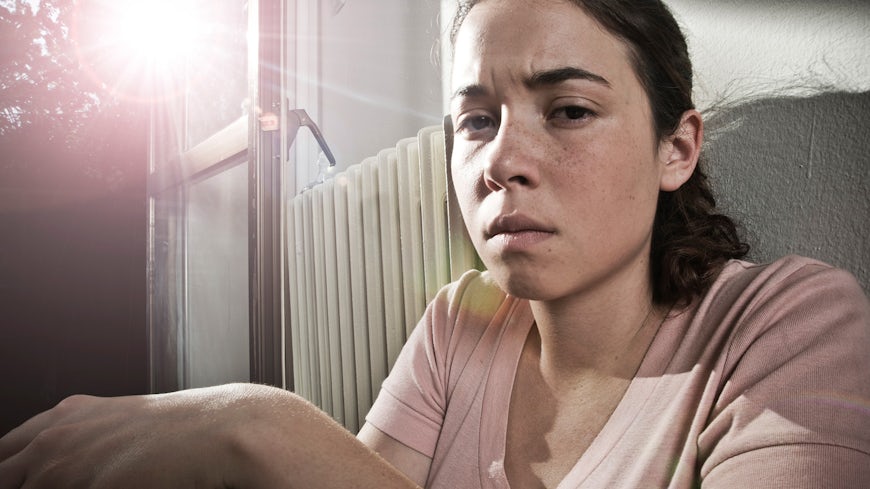Improving the response to victims of violence
Our research has contributed to significant changes in the services afforded to victims of domestic and sexual violence.

According to annual figures from the Crime Survey for England and Wales (CSEW), each year approximately 1.2 million female victims and 700,000 male victims disclose experiencing domestic violence. Yet, before 2002, the UK evidence base on 'what works' for victims of domestic and sexual violence was very limited.
Early intervention in cases of domestic and sexual violence is needed to protect victims and reduce the financial burden on public services.
New ways of working
Dr Amanda Robinson conducted a series of inter-related research projects, using both qualitative and quantitative approaches, to identify effective working practices and to measure outcomes. The research provided key insights into the best responses for victims of domestic and sexual violence:
Multi-agency partnerships are essential for improved service provision. The research indicated that Specialist Domestic Violence Courts (SDVCs) enabled domestic violence to be tackled within a multi-agency framework designed with the safety and support needs of victims and children in mind.
Victims require independent support from specialist providers. Research contributed to a robust evidence base about the value of these services both to individual victims and to partner agencies such as the police.
High-risk victims require a distinctive form of service provision. The research showed multi-agency risk assessment conferences (MARACs) were an effective blueprint to help those deemed most at risk of serious abuse or homicide.
Responding to violence: a Cardiff innovation
The first multi-agency risk assessment conference (MARAC) was held in Cardiff and now each year over 280 MARACs operate across England, Wales, Scotland and Northern Ireland, responding to more than 74,000 high-risk cases of domestic violence with an associated 94,000 children.
Changing the landscape of service provision
The provision of services for victims of domestic and sexual violence has changed quite considerably in Wales, the UK and the EU during the past decade, and the evidence produced by Dr Robinson's research has played a key role in these developments. Three of the seven policy objectives listed in the 2008 UK Government report 'Saving Lives, Reducing Harm, Protecting the Public' used evidence from Dr Robinson's research.
There is now a platform of interventions available in the UK that did not exist before this research. Service delivery for victims of domestic and sexual violence is becoming more holistic, efficient, and effective both in the UK and beyond.
The 2008 Council of Europe Task Force on Violence Against Women clearly draws upon the research Dr Robinson conducted. She was also invited to participate in two Council of Europe funded projects on protecting victims of gender-based violence.
The impact of Dr Robinson's research can also be observed in the most significant pan-European policy document to come out on this topic for decades: the Council of Europe's 2011 Convention for Preventing and Combating Violence Against Women and Domestic Violence.
Meet our experts

Professor Amanda L Robinson
Professor of Criminology
Co-Director of the Security, Crime and Intelligence Innovation Institute
Director, Universities' Police Science Institute
- robinsona@cardiff.ac.uk
- +44(0) 29 2087 5401
